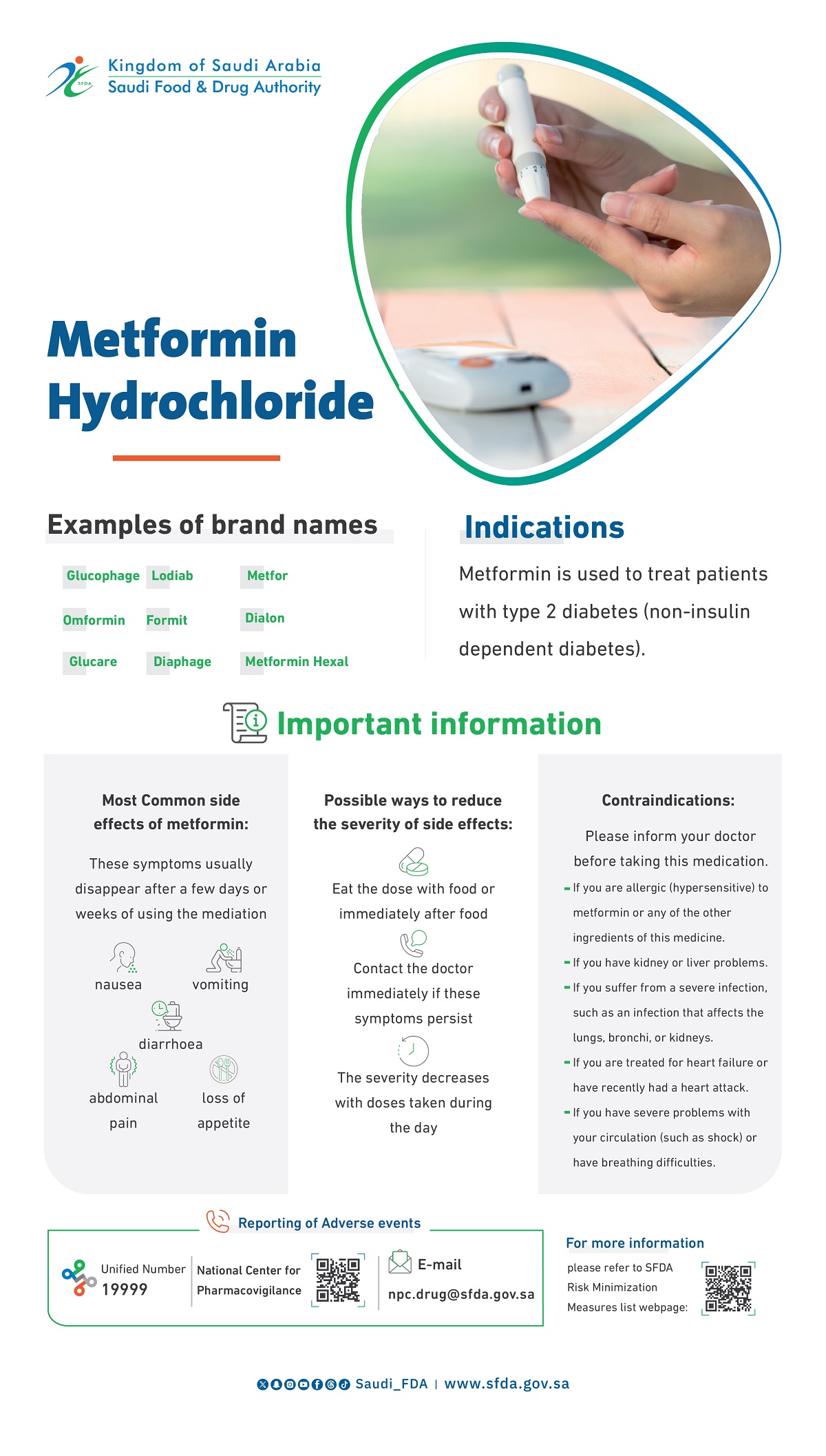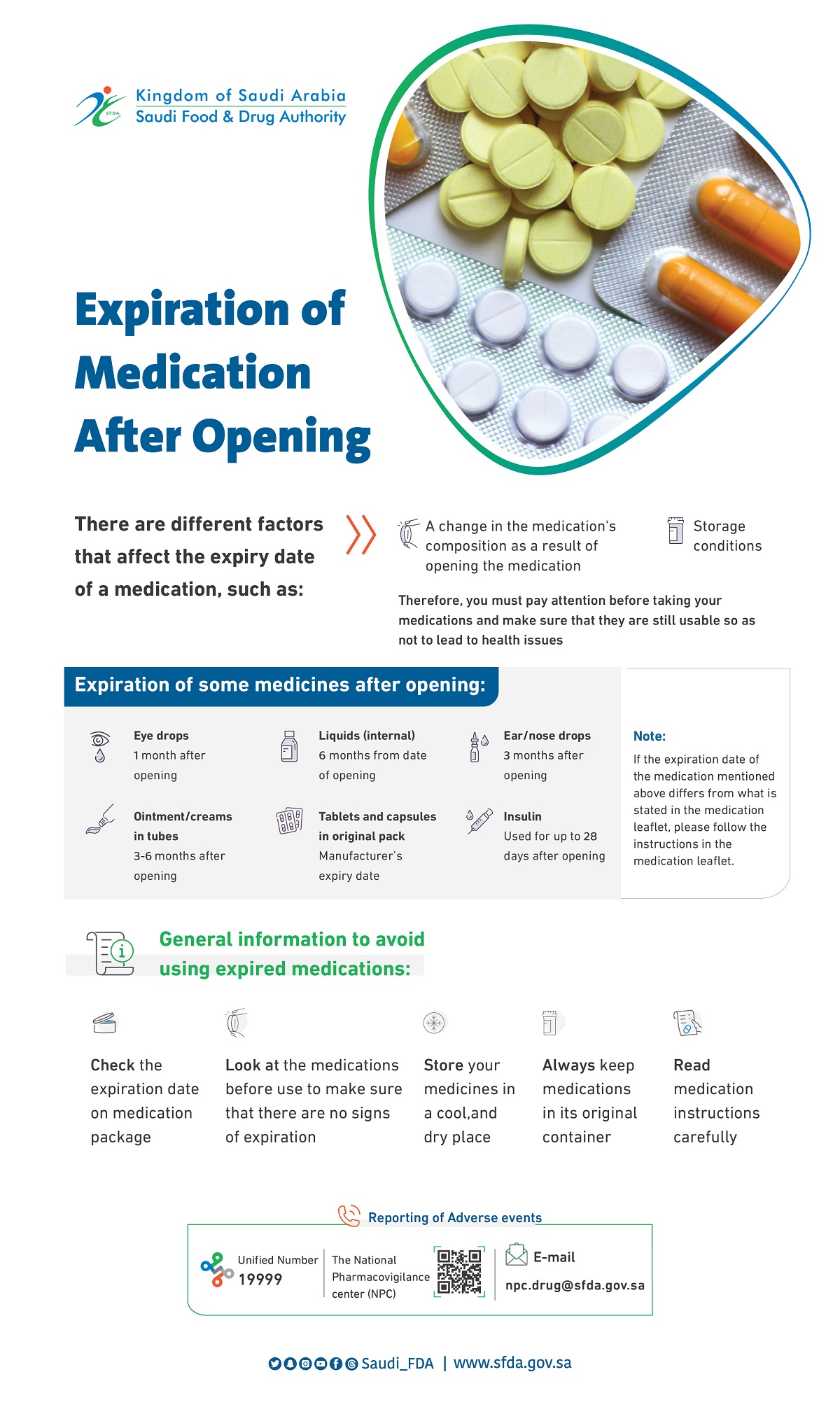
Combined Use of 5-Hydroxytryptamine Receptor Agonists (Triptans), Selective Serotonin Reuptake Inhibitors (SSRIs) or Selective Serotonin/Norepinephrine Reuptake Inhibitors (SNRIs) May Result in Life-threatening Serotonin Syndrome
Combined Use of 5-Hydroxytryptamine Receptor Agonists (Triptans), Selective Serotonin Reuptake Inhibitors (SSRIs) or Selective Serotonin/Norepinephrine Reuptake Inhibitors (SNRIs) May Result in Life-threatening Serotonin Syndrome
Combined Use of 5-Hydroxytryptamine Receptor Agonists (Triptans), Selective Serotonin Reuptake Inhibitors (SSRIs) or Selective Serotonin/Norepinephrine Reuptake Inhibitors (SNRIs) May Result in Life-threatening Serotonin Syndrome
The FDA has important new safety information about taking triptans (drugs used to treat migraine headaches) together with certain types of antidepressant medicines. The antidepressant medicines of concern are selective serotonin reuptake inhibitors (SSRIs) and selective serotonin/norepinephrine reuptake inhibitors (SNRIs). Names of the triptans, SSRIs and SNRIs are
provided below
.
A life-threatening condition called serotonin syndrome may occur when triptans are used together with a SSRI or a SNRI.
Serotonin syndrome occurs when the body has too much serotonin, a chemical found in the nervous system. Serotonin syndrome symptoms may include restlessness, hallucinations, loss of coordination, fast heart beat, rapid changes in blood pressure, increased body temperature, overactive reflexes, nausea, vomiting, and diarrhea. Serotonin syndrome may be more likely to occur when starting or increasing the dose of a triptan, SSRI or SNRI.
The FDA has determined that serotonin syndrome occurs with combined use of triptans and a SSRI or SNRI through reports describing serotonin syndrome in people taking these medications together. Each of these types of medicine increases serotonin levels on its own, as well.
Patients who are taking a triptan along with an SSRI or SNRI should talk to their doctor before stopping their medications.
Physicians prescribing a triptan, SSRI or SNRI should:
- keep in mind that triptans are often used intermittently and that either the triptan, SSRI or SNRI may be prescribed by a different physician
- weigh the potential risk of serotonin syndrome with the expected benefit of using a triptan with an SSRI or SNRI
- discuss the possibility of serotonin syndrome with patients if a triptan and an SSRI or SNRI will be used together
- follow patients closely if a triptan and an SSRI or SNRI are used together, particularly during treatment initiation, with dose increases, or with the addition of another serotonergic medication
- instruct patients who take a triptan and an SSRI or SNRI together to seek medical attention immediately if they experience the symptoms of serotonin syndrome (described above).
Patients should know which medicines they take and tell all of their healthcare providers (physicians, pharmacists and nurses) what these medicines are.
Triptans are drugs used to treat migraine headaches, and SSRIs and SNRIs are drugs used to treat depression and other mood disorders.
The FDA has requested that all manufacturers of triptans, SSRIs and SNRIs update their prescribing information to warn of the possibility of serotonin syndrome when triptans and SSRIs or SNRIs are taken together.
- Drug Names
|
SSRIs and a Combination Drug Containing an SSRI |
SNRIs |
Triptans |
|
|
|
|
Food and Drug Administration, Date created: July 19, 2006





